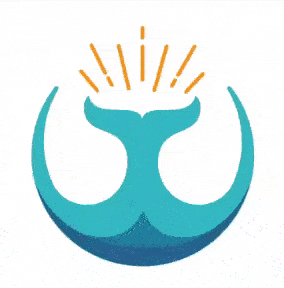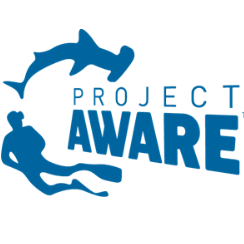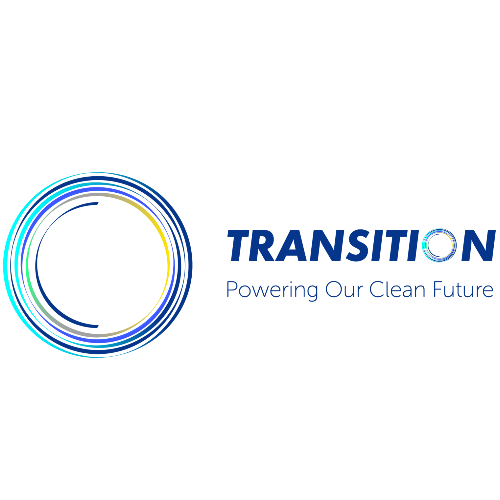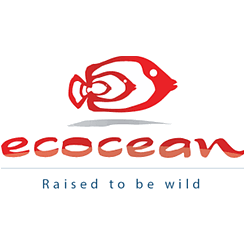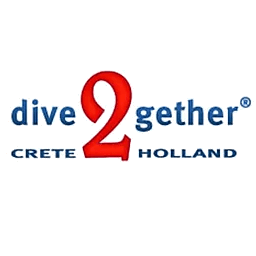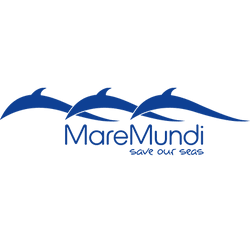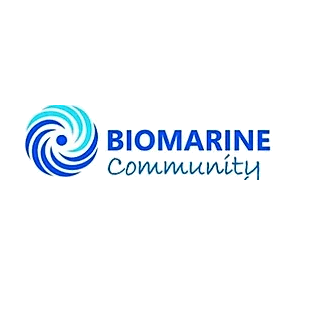The world's oceans are facing multiple challenges from issues such as microplastics and climate change to overexploitation of resources, which not only threatens marine biodiversity and ocean health, but also the health of the entire planet.
In the recently published 'Global Research Report', released by the Institute of Scientific Information at Clarivate — world leaders in providing a trusted source of data to help promote innovation — the authors analyze ocean science research conducted over the last twenty years to identify existing and emerging research trends with regard to collaboration between different marine science fields, as well as knowledge gaps that need to be filled. The report found that the publication of ocean science research has tripled from 2000 to 2020, with a significant growth in research focused on microplastics and (although to a lesser degree) climate change since 2015, which the authors suggest may be as a result of the United Nation's Sustainable Development Goals (SDGs) being introduced in 2015.
Dr. Gali Halevi, Director at the Institute for Scientific Information at Clarivate, said:
"At Clarivate we help our customers address some of the world's most complex challenges. With the fate of the Earth tied so inextricably to the oceans, and given the toll that humans have exacted on the marine environment within a relative handful of decades, the need for detailed scientific scrutiny of our ocean basins has never been more acute. Research must rise to meet the challenges presented by, for example, microplastic pollution and whatever natural or human-made environmental crises might still await. Only with concerted, global commitment will the UN SDGs for the future – oceans that are clean, resilient, predictable, sustainable, not to mention sustaining – stand a chance of accomplishment."
Clearly the oceans need our help. But in order to reverse the current trends and improve marine sustainability, we need access to innovative tools and technologies to provide us with the necessary information to improve ocean stewardship. New digital technologies such as satellite tracking of fishing vessels, genetic fingerprinting, data logging and ocean sensing provide us with much needed insights to help us better understand and track the impacts on the ocean, marine ecosystems and marine organisms. These technologies can be improved further by using Artificial Intelligence (AI) and machine learning to convert data collected into useful and tangible information that is accessible to policy- and decision-makers. Having access to important information can help governments, communities, NGOs and businesses improve accountability, ultimately striving for sustainable use of marine resources.
Global Think Tanks Meet to Identify Knowledge Gaps and Opportunities
In an effort to achieve this, the first ever Stanford Oceans conference, will be hosted by Stanford Graduate School of Business and the Stanford Doerr School of Sustainability on November 18-19, 2022. The conference organizers aim to bring together researchers from Stanford University as well as national and international experts, business practitioners, NGOs, and policy-makers to present and discuss cutting-edge research, and to identify key gaps and opportunities in three core areas: (1) Improving our ability to collect real-time data on ocean conditions and use, and to monitor biodiversity; (2) unlocking new analytical capabilities through technologies like Artificial Intelligence and Machine Learning to extract impactful insights from ocean data; (3) supporting the co-design of platforms that enable the use of ocean data and insights to inform decision-making of public and private actors.
Singapore's New R&D Ocean Basin
Singapore's new R&D ocean basin facility, which opened in July 2022 at the Technology Centre for Offshore and Marine, Singapore (TCOMS), based at the National University of Singapore, highlights how advances in technology can benefit relevant industry players. The new R&D facility — which is fitted with wave and current generating systems to simulate the challenging ocean conditions that ships, offshore rigs and underwater systems have to operate in — allows researchers to simulate real-world operating environments in shallow, intermediate, deep and ultra-deep waters.
Professor Chan Eng Soon, CEO of TCOMS, said:
"With its unique combination of physical-numerical modeling and simulation capabilities, TCOMS is also well placed to do its part in nurturing our younger generation with the necessary skillsets and expertise to lead the sector to greater heights."
Education Raises Funds to Protect the Ocean
In order to improve ocean sustainability, we not only have to manage the oceans better moving forward, we also have to start cleaning up the mess we have created. Two ocean-loving professors from KU Leuven, Belgium are on a mission to educated students while at the same time contributing to cleaning up plastics from the ocean. Their online education platform, BlueCourses, which was launched in 2019, offers 20 courses on business topics ranging from Machine Learning Essentials, Deep Learning Essentials, Ethics & AI, Quantum Machine Learning, Geospatial Analytics, Fundamentals of Climate Risk Management, Time Series Analysis and Forecasting, and more. The duo have pledged to donate 20% of their earnings to organizations that are committed to cleaning up our oceans. This novel approach not only lets students learn new skills and get certified, they also contribute to improving ocean sustainability while doing so.
The oceans may be in trouble, but only once we identify the challenges and knowledge gaps and come up with creative solutions and novel approaches to address these, can we start taking the necessary steps to turn things around and ensure our oceans are managed more sustainably in the future.
Sources
https://splash247.com/singapore-opens-rd-ocean-basin-facility/
https://www.rebellionresearch.com/how-can-a-student-save-the-ocean
